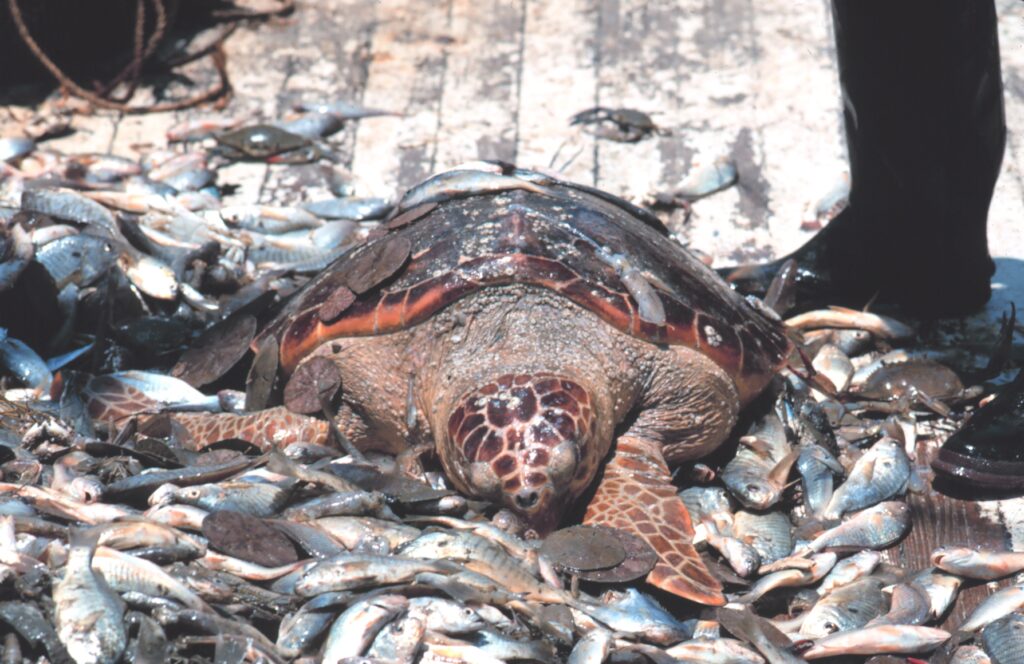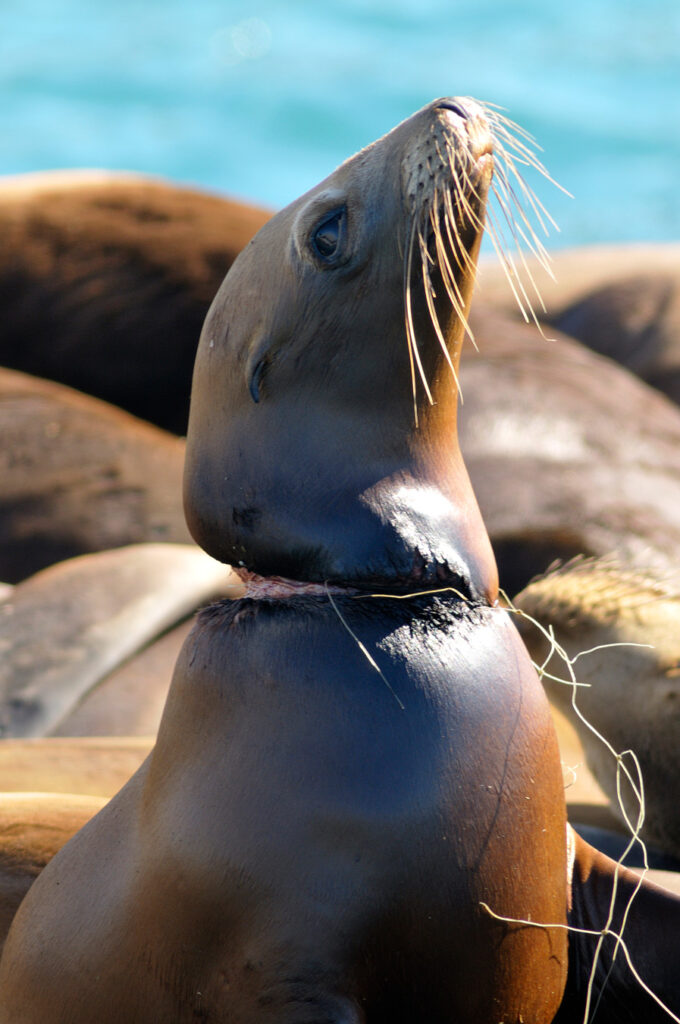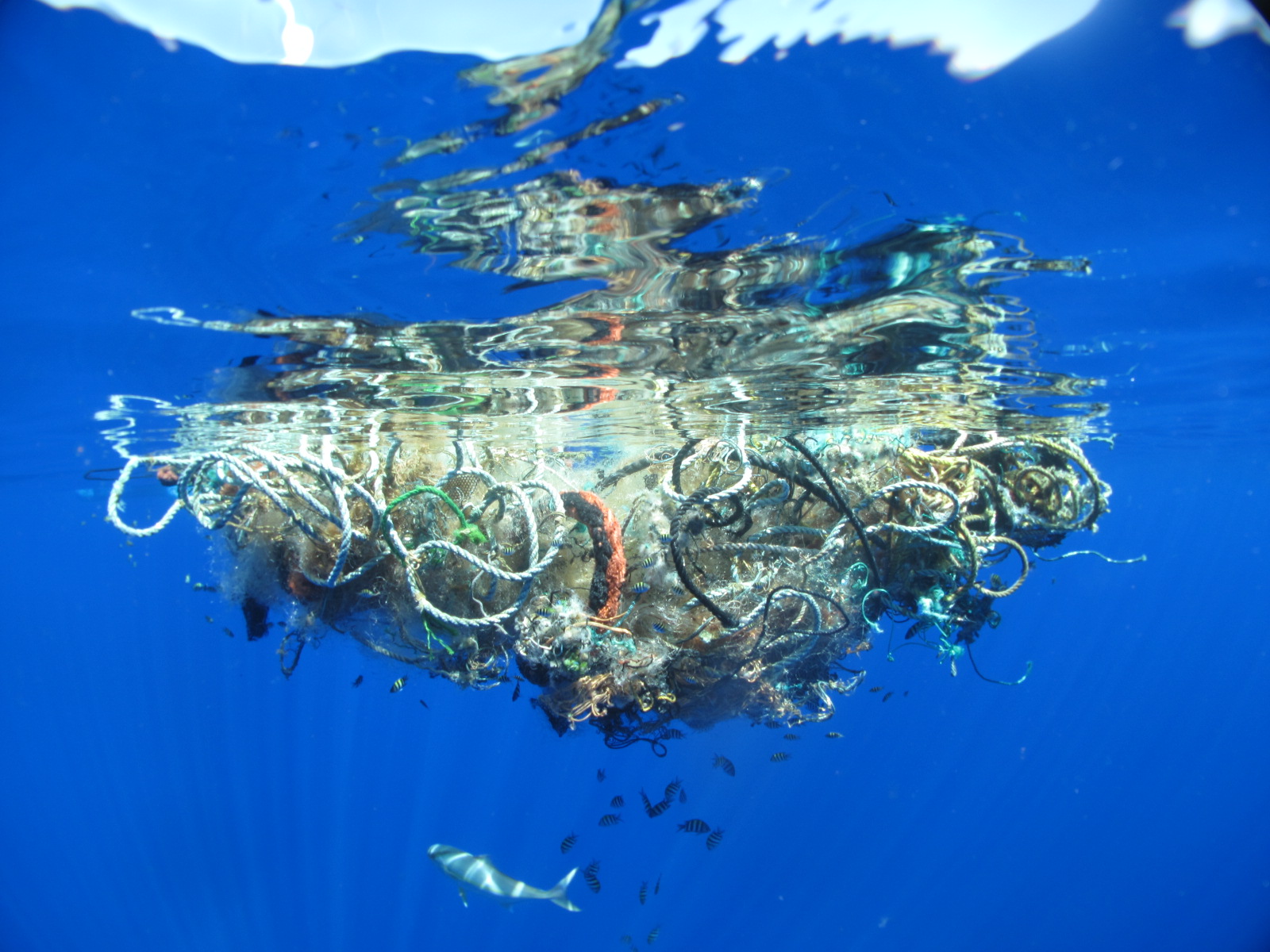Oceans
Oceans cover about two-thirds of the Earth’s surface. They influence our weather and climate and by producing oxygen and consuming carbon dioxide they create the atmosphere in which plants, humans and animals can live. Pollution and mismanagement are quickly changing that.
Dramatic increases from burning fossil fuels are affecting ocean currents and temperatures and consequently, precipitation and weather. The dumping of poisonous waste for decades harms human health and threatens all marine life. Already we see striking declines in coral and other ocean creatures.
Adding insult to injury, millions of seabirds and marine mammals die each year by ingesting trash or becoming entangled in it. Tens of millions of fish are captured by commercial practices as by-catch and, unwanted, are thrown back in the sea to die.
In the last decade, in the North Atlantic region alone, commercial fish populations have fallen by 95%. Simultaneous declines in every ocean threaten the global food supply and fishing communities around the world.
We do further harm by destroying mangrove forests which live where rainforests meet oceans. They prevent coastal erosion and absorb significant amounts of CO2 and yet they are being destroyed for shrimp production and house-building.
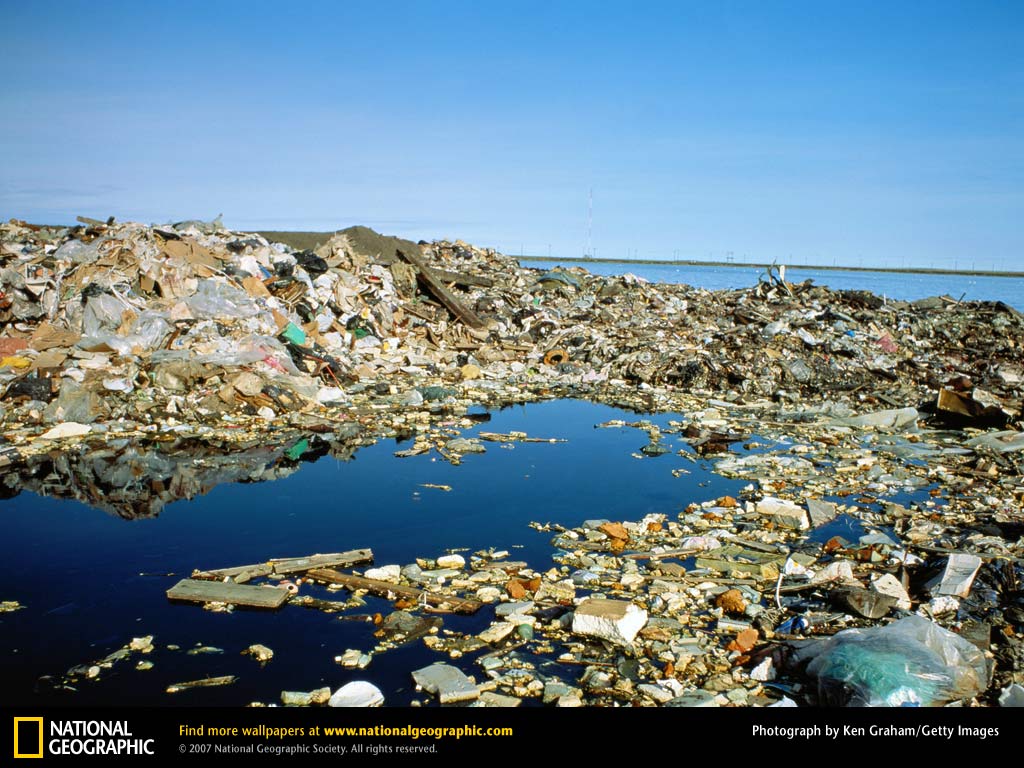
Why should we protect the oceans?
- Oceans regulate the Earth’s temperature by both absorbing and emitting heat. If global warming continues uncontrollably, overheated oceans may cause more extreme weather outbreaks, presenting a real threat for humans.
- Oceans are a vital source of protein, energy, and minerals; by devastating g marine life and continuing our polluting habits, we are harming, perhaps irreparably ourselves and the planet.
- As temperatures globally are rising, whole marine animal and fish species are unable to adapt to changing conditions and will disappear.
- As domestic and industrial waste turn oceans into a dump, they become less and less productive and harmful places for marine mammals and fish and humans too
- Unless managed more wisely, industrial fishing will soon wipe out species of fish and marine mammals and we could soon be left with nothing but jellyfish on the menu.
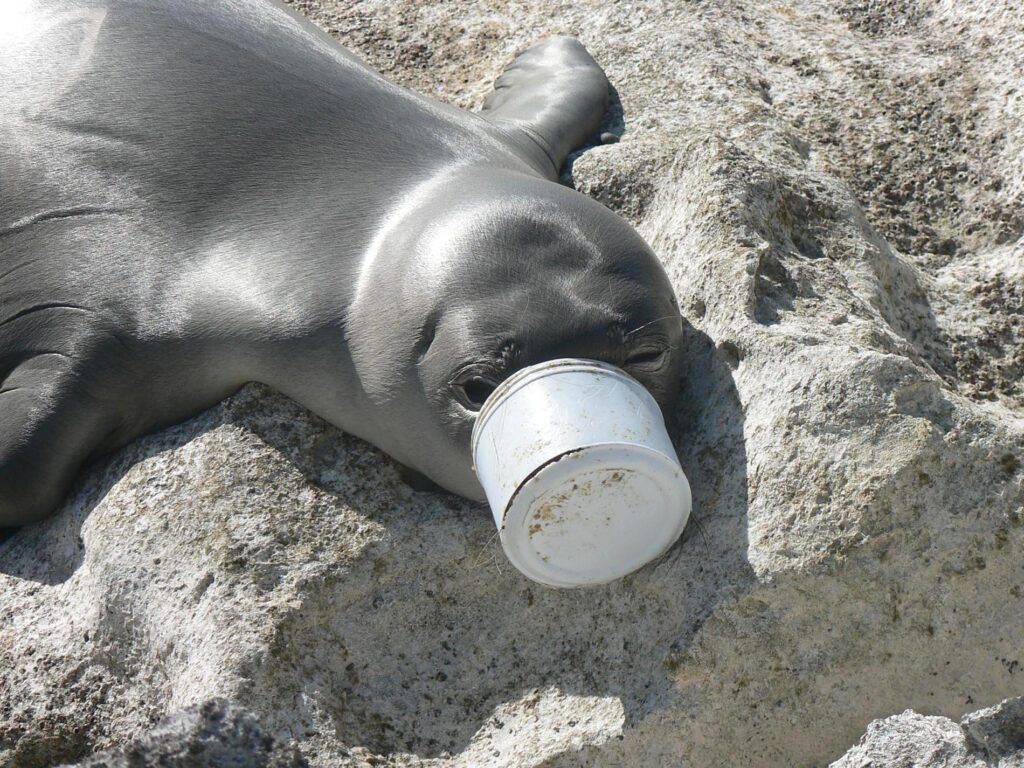
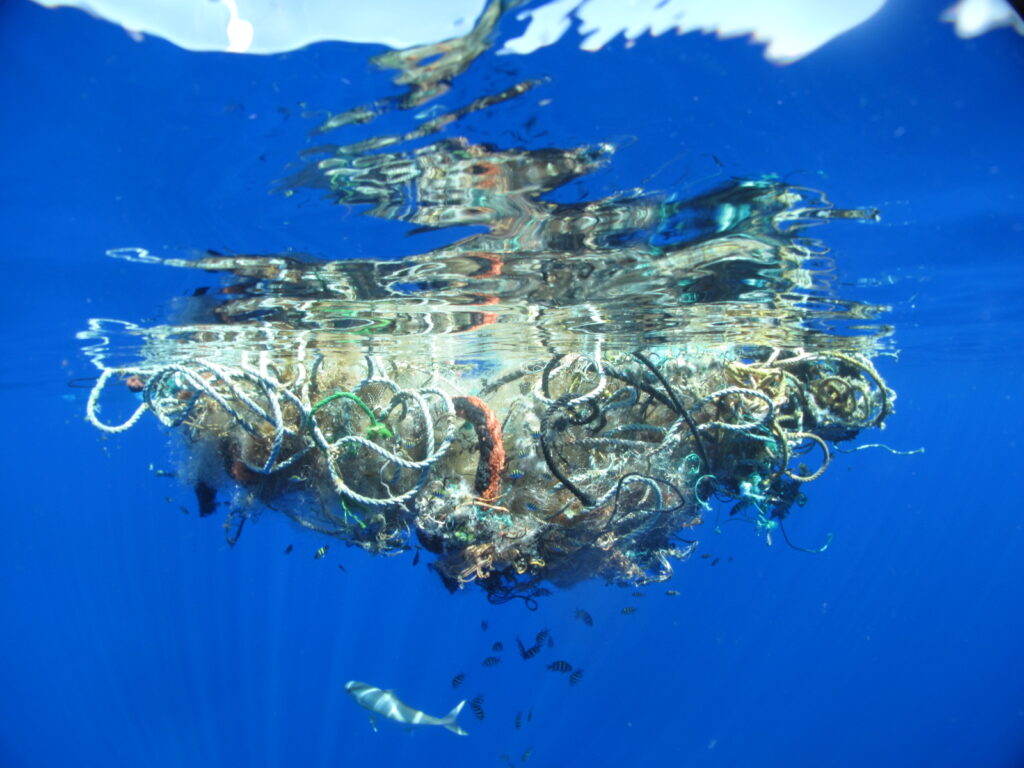
Fast facts
- About 80 percent of all life is to be found in ocean waters.
- In 1960, 5 percent of marine fisheries were either fished to capacity or over-fished. Today, 70 percent of marine fisheries are in this condition.
- Every year, fishing nets kill up to 300,000 whales, dolphins and porpoises globally.
- Massive industrial fishing leaves many local communities, whose lives depend on fish, without any means of survival.
- It takes around 11 pounds of jack mackerel to raise a single kilogram of farmed salmon.
- The trash vortex in the North Pacific is an area the size of Texas which has gathered an estimated six kilos of plastic for every kilo of natural plankton, along with other slow degrading garbage, snaring and killing fish, marine mammals, and birds.
